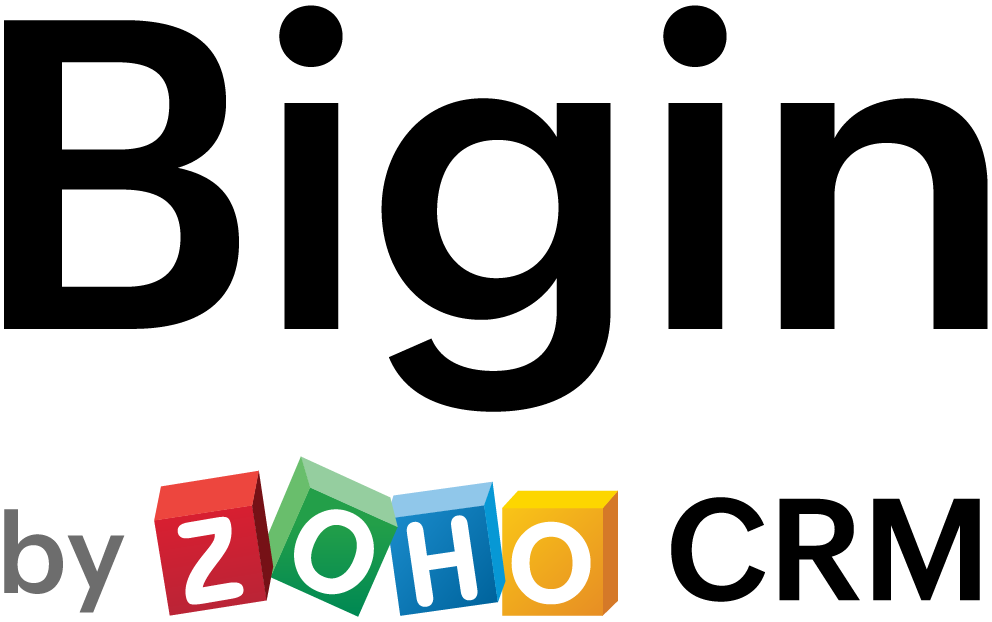Starting A Bootstrapped Digital Marketing Agency At Age 24 [$500K/Year]
Hello! Who are you and what business did you start?
Hello! I am Gaurav Sharma, the Founder of Attrock, a Digital Marketing Agency. We help businesses all around the globe build their brands online and scale up.
I started the agency in 2014 and haven’t looked back ever since. The agency started out by providing highly tailored solutions to all my clients, who are primarily based out of the USA or Europe. We provide SEO, content, email, affiliate, and influencer marketing services to SaaS and eCommerce companies.
Over the years, we’ve scaled the business to generate revenues of half a million dollars annually.
Unlike most other agencies that tend to offer tiered pricing packages, we prefer to give our clients the choice to choose what they want and customize our offerings.

What's your backstory and how did you come up with the idea?

Download the report and join our email newsletter packed with business ideas and money-making opportunities, backed by real-life case studies.

Download the report and join our email newsletter packed with business ideas and money-making opportunities, backed by real-life case studies.

Download the report and join our email newsletter packed with business ideas and money-making opportunities, backed by real-life case studies.

Download the report and join our email newsletter packed with business ideas and money-making opportunities, backed by real-life case studies.

Download the report and join our email newsletter packed with business ideas and money-making opportunities, backed by real-life case studies.

Download the report and join our email newsletter packed with business ideas and money-making opportunities, backed by real-life case studies.

Download the report and join our email newsletter packed with business ideas and money-making opportunities, backed by real-life case studies.

Download the report and join our email newsletter packed with business ideas and money-making opportunities, backed by real-life case studies.






















